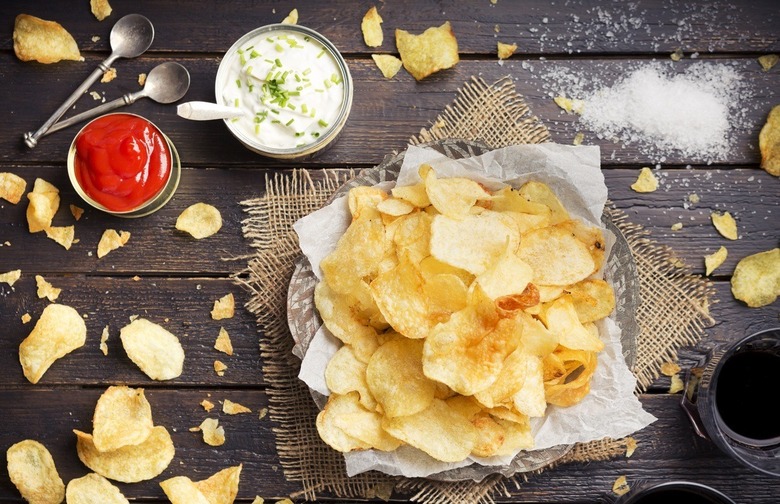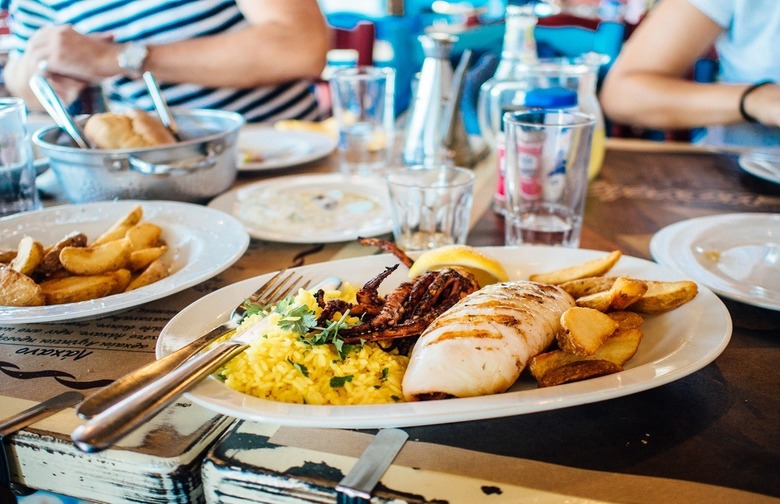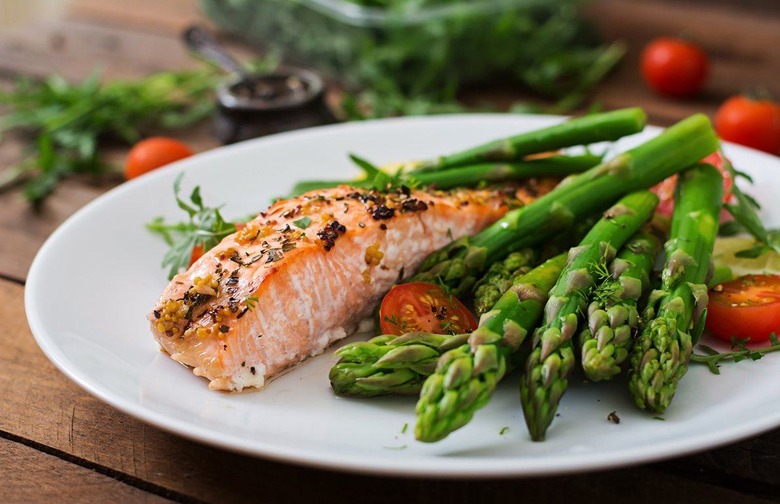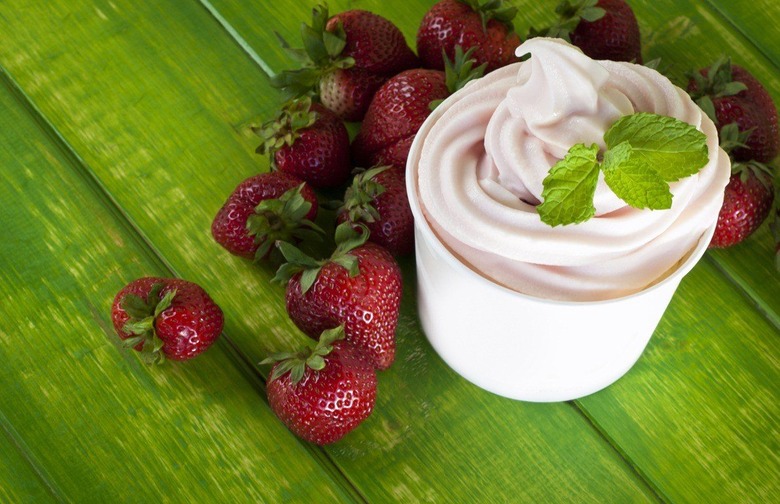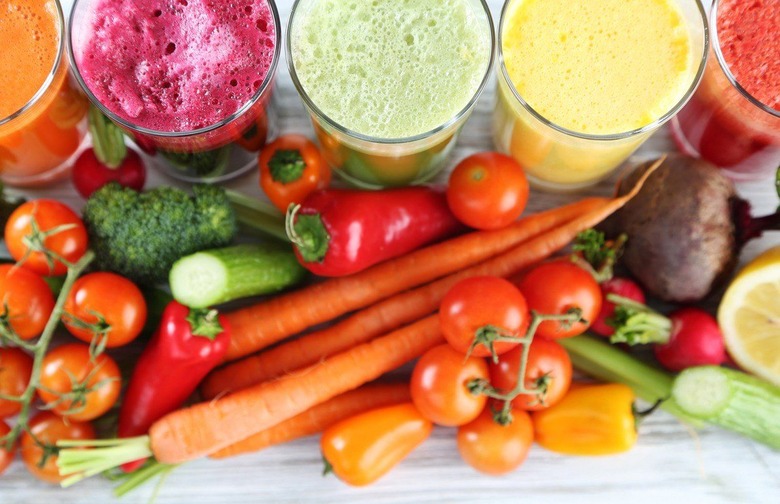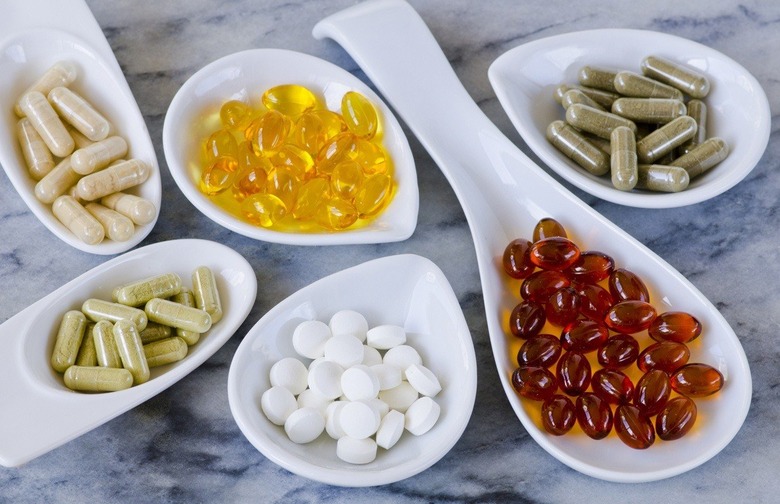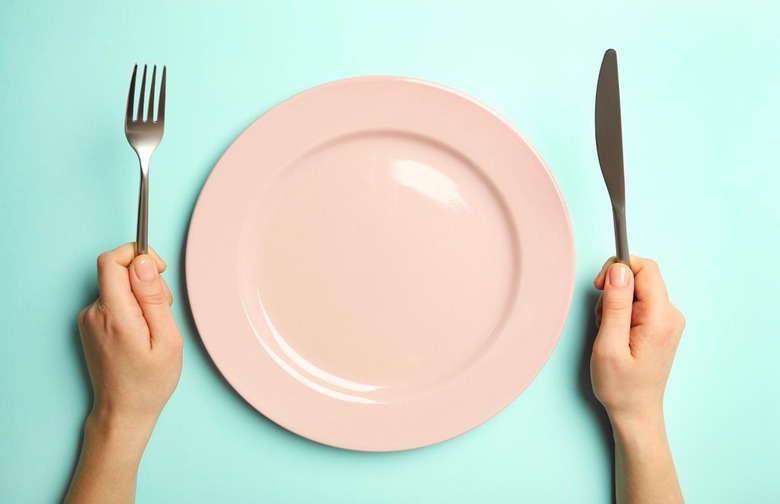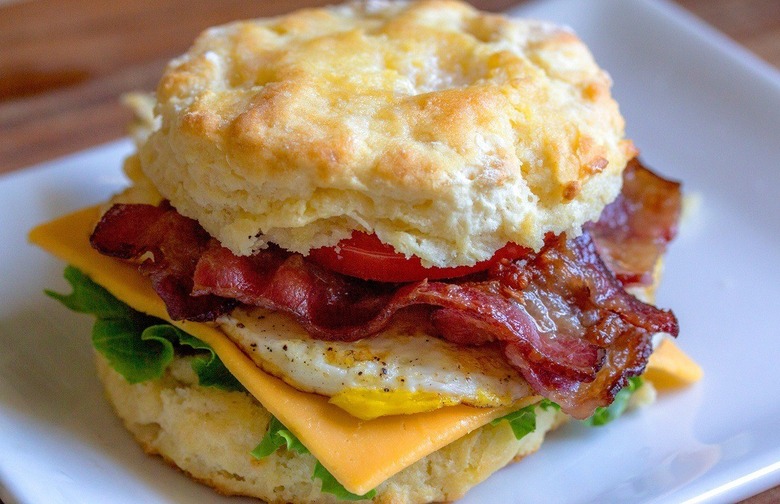Lose Weight By Overcoming These 10 Disastrous Dietary Habits Slideshow
Getting hungry in between meals is unavoidable, but how you deal with those cravings can make or break your diet. Snacks like almonds, an orange, or some edamame hummus contain satiating fiber that will keep you content until the next meal. Not all snacks, however, are created equal. Microwave popcorn, cheese puffs, and even some brands of granola contain high amounts of sugar, salt, calories, and questionable additives; they also make the list of foods that doctors won't eat.
You Eat Out Too Often
Exploring new and innovative restaurant menus is one of life's greatest pleasures, but going out to dine more than twice a week can easily derail your diet. Restaurants are in the business of developing flavor, not weight loss. Any restaurant, whether it's a fast-casual chain or an upscale dining establishment, will tend to be heavy handed with salt, sugar, and fat. Making a burrito, hamburger, or bowl of pasta at home can save you considerable calories and sodium.
You Eat When You’re Bored
Boredom eating is linked to dopamine, a neurotransmitter in charge of inducing feelings of pleasure, motivation, and drive. When in a place of discomfort, uneasiness, or boredom, dopamine levels are down, and the body naturally wants them to rise back up. Boredom eating is, therefore, a bizarre survival tactic that is used to immediately engage our brain's pleasure sensors. To avoid mindless munching, take a pause before you grab for that bag of chips or granola bar and ask yourself, "Am I really hungry?" Drinking water, chewing gum, and learning food cues that trigger your appetite are all ways to curb boredom eating.
You Fear Eggs
The egg — yolk and all — is the true breakfast of champions. Even the oldest woman alive partly attributes her longevity to eating two raw eggs every morning. Eggs have been demonized in the past for their high-cholesterol yolk, but they're rich in a variety of nutrients such as vitamins A and B12, phosphorus, and selenium. One egg is only 77 calories, and contains six grams of protein.
Click here for easy, indulgent, and surprisingly healthy egg recipes.
You Forget About Fish
The appearance of a glossy-eyed fish lying limply upon a bed of ice definitely doesn't always whet the appetite, but seafood — whether it's canned, fresh, or frozen — is an important addition to any healthy diet. Seafood — especially oily fish like salmon or mackerel — is rich in protein and fatty acids, while low in calories. Canned salmon is inexpensive, and can be transformed into a number of diet-friendly dishes like a quinoa salmon cake or a salmon burger with avocado-lime guacamole.
You Focus on “Low-Fat”
For decades, American dietitians, doctors, and nutritionists singled out fats as the source of weight gain and heart disease, but new research shows that a low-fat diet is not the way to go. Though an overconsumption of trans-fats and animal fats has been linked to increased risk of cardiovascular disease, the mono- and poly-unsaturated fats found in oily fish, avocado, and olive oil actually improve heart health by lowering triglyceride, cholesterol, and blood pressure levels, while also fostering brain health. Don't think you're doing your body any favors by eating low-fat foods, especially if those foods come in a package and are covered with sugar.
You Go on Weekly Juice Cleanses
Little evidence exists supporting the idea that drinking fiber-less fruit and vegetable juice will remove toxins from your body. A juice cleanse can help you temporarily lose weight, but the adverse effects outweigh the benefits. The high amount of sugar paired with a lack of fiber, fat, and protein can pose a problem for people with existing medical conditions like diabetes, osteoporosis, or anemia. The absence of any fiber might also exacerbate digestive issues like constipation and diarrhea.
You Use Supplements in Place of Nutrient Rich Foods
Nutrient supplements can be effective tools, but they can't replace a good diet. The body absorbs vitamins and minerals better when they're derived from natural sources like fruits and vegetables. Only a small percentage of Americans are actually nutrient deficient, so supplements should only be used to address very specific nutritional concerns.
If you want to stop taking vitamins, eat these foods instead.
You Skip Meals
Missing out on meals may seem like an easy way to cut down your calorie intake, but over the long run it's not a sustainable weight loss solution. Skipping meals, especially breakfast, deprives the body of important nutrients, and that can lead to a day of fatigue, poor concentration, and irritability. It also increases the likelihood of overindulging during other meals. Eating three nutritionally balanced meals a day is still the ideal way to lose weight.
You Start the Day With a Bad Breakfast
It looks innocent enough, but starting your day off with an egg and cheese sandwich on a bagel is setting you up for a diet disaster. The lack of fiber and the influx of processed carbohydrates and calories will lead you to mid-day snacking and a dramatic energy crash. Stock your fridge with some Greek yogurt and eggs and keep some quick-cooking oats and whole-wheat cereal in your pantry for a quick and satisfying breakfast. A great breakfast option is this recipe for microwaved scrambled eggs. Simply top with some guacamole and Sriracha and you'll have a delicious breakfast ready in two minutes.
